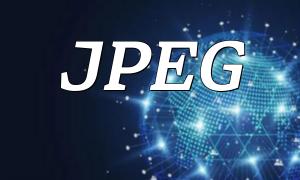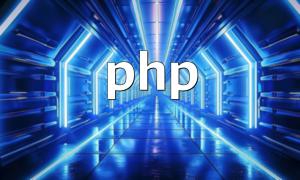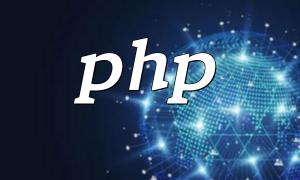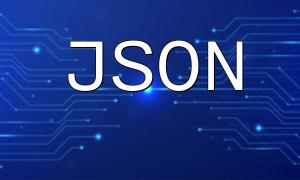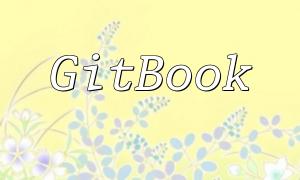In modern development environments, PHP is a widely-used server-side programming language, and having an effective package manager is essential. For macOS users, finding a convenient and efficient way to install PHP packages can greatly improve development productivity. This article introduces how to quickly install and configure PHP package management tools with simple commands, helping developers easily manage project dependencies.
A PHP package manager helps manage libraries and dependencies within a project, simplifying the process of installing, updating, and removing packages. Composer is currently the most popular PHP package manager. With Composer, users can quickly handle project dependencies via simple command-line instructions, ensuring a stable and consistent environment.
The one-click installation tool significantly reduces the complexity of environment setup. By running a single command, Composer can be automatically downloaded and installed without manual configuration. This method saves time and ensures installed PHP packages are compatible with your project.
Run the following command to quickly download and install Composer:
<span class="fun">curl -sS https://getcomposer.org/installer | php</span>
After successful installation, you can create a new PHP project (Laravel example) with this command:
<span class="fun">php composer.phar create-project --prefer-dist laravel/laravel my-laravel-app</span>
This command will generate a new Laravel project, ideal for developers who want to quickly build applications.
Besides Composer, macOS developers can consider the following tools:
Homebrew: A popular package manager on macOS that supports installing and managing PHP and its extensions.
Packagist: The official package repository for Composer, offering a wealth of PHP libraries.
Laravel Valet: A lightweight local PHP development environment tool, especially suitable for Laravel users.
For Mac users, mastering one-click installation of PHP package managers greatly enhances development efficiency. Composer, as the mainstream tool, simplifies dependency management. Meanwhile, auxiliary tools like Homebrew and Laravel Valet improve the development environment. Whether you are a beginner or an experienced developer, using these tools proficiently will bring great convenience to your PHP project development.
